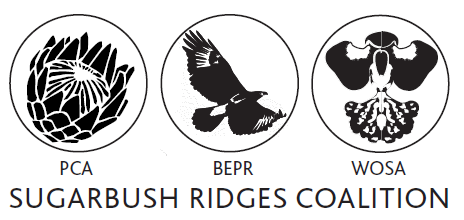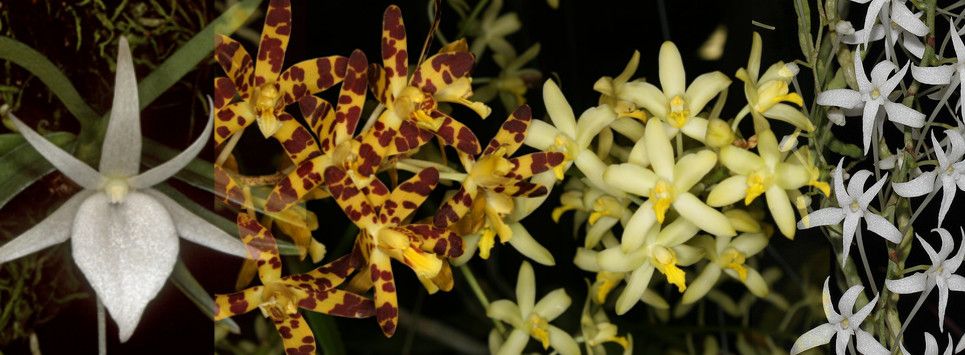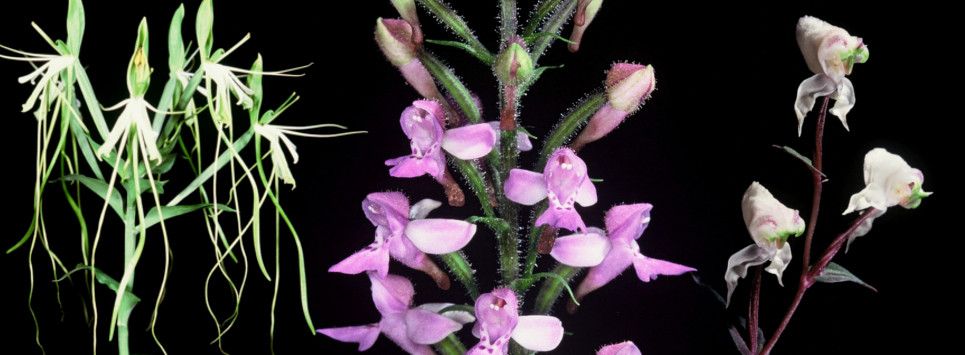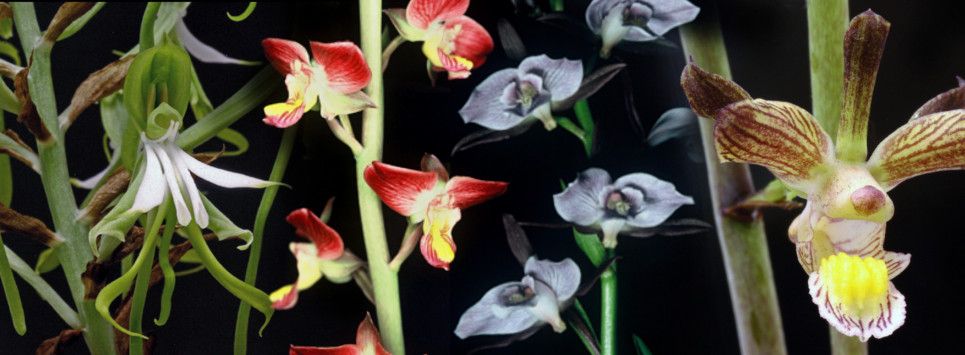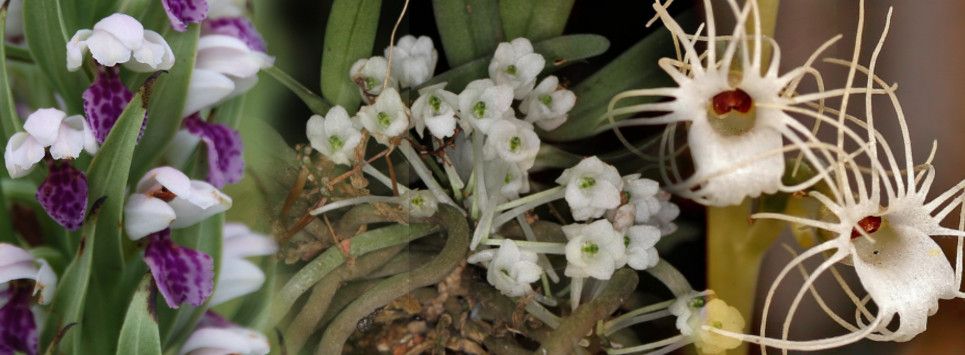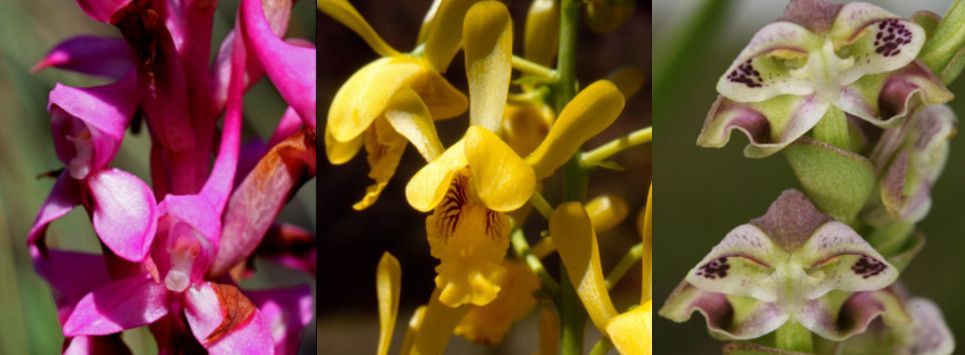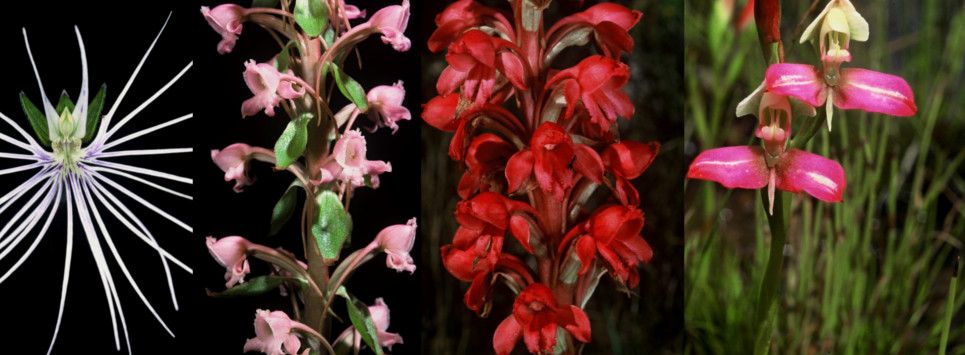
Welcome to WOSA
Very little is known about indigenous orchids by the public who are largely unaware that there are just under 500 species of which 45 are endemic (only occur in South Africa). Very little research has been carried out regarding ecology, conservation and propagation although a number of species have become extinct and habitat destruction is progressing at an alarming rate. Up until now there has been no attempt to address these issues on a National scale and Provincial legislation and cooperation is fragmented. Only through a focused National integrated effort that engages the public and all roll players will survival of orchids be assured.
BILL MINCHER - A Tribute
Our founding member Bill Mincher passed away on 17 June 2019.
Bill was the driving force that put WOSA onto the map of South African Indigenous Orchid Conservation.
His vision at Wild Orchids Southern Africa is “to engender a real interest in indigenous orchids which will render them valuable and worthy of protection.” This approach to conservation is significantly different from the fear-based approaches, which predominated ten years ago, and suggests the best way to protect indigenous orchids is to not talk about them at all.
Bill's approach to orchid conservation is based on the proven track record of the same model that he employed in the conservation of yellowfish. Bill was involved in setting up the Yellowfish Working Group some 20 years ago for the Federation of Southern African Flyfishers (FOSAF). The Yellowfish Working Group is to date undisputedly the most successful public private partnership ever achieved in the Angling industry of South Africa. There are ten species of this magnificent fish in the South African river systems that were relatively unknown at the time that the project was started. FOSAF created a successful fly-fishing industry around those 10 species. Eighteen consecutive annual conferences were instrumental to doubling the fly-fishing opportunities in South Africa and developing another new healthy industry. In more recent years the Yellowfish Working Group and FOSAF are engaged in putting pressure on Government to deal with the discharge of raw sewerage into the Vaal River, a threat to not only to the habitat of the yellowfish and other marine life, but more importantly to public health. Although the Yellowfish Working Group was successful for many years, the annual conferences have stopped in more recent years because of a dispute with Government. However, these annual conferences created a forum for the healthy functioning of the Yellowfish Working Group. Without the conference, there is no coordinated development of the working group.
For exactly this reason, Bill considered the annual Wild Orchids Southern Africa conferences to be a vital part of the healthy functioning of Wild Orchids Southern Africa.
Bill was instrumental in securing funding from The Shuttleworth Foundation in 2014 and also in the organising of the monumental wetland display at the official launch of Wild Orchids Southern Africa at the World Orchid Conference 21 in Johannesburg in September 2014. The first conference held in Dullstroom in January 2016 was a great success and ushered in a platform at which both the hobbyist orchidist as well as the academic fraternity was able to present papers on Orchid Conservation and other topics concerning South African Indigenous Orchids.
With Bills involvement, a further three conferences followed on an annual basis. Sadly Bill was not able to attend WOSA3 and WOSA4 due to health reasons but he remained very active in the background in organising the Conferences and was actively involved in all aspects of the running of the organisation which amongst other things also included WOSA's website development and fundraising.
Bill’s continuous and ambitious work in the background cemented the relationship with other organisations such as the Proteadal Conservation Organisation, the Sugarbush Ridge Coalition, Friends of Verloren Vallei and the Black Eagle Project amongst others. And he himself got involved with these organisations with the conservation objective as the main goal.
Bill had the tenacity and ability to forge lasting relationships. One of these relationships was cemented when Bill arranged to meet with Andrew Hankey, the assistant curator at the Walter Sisulu National Botanical Garden in Roodepoort, Johannesburg operating under the umbrella of SANBI. That meeting turned out to be one of the most important in terms of orchid conservation. It resulted in WOSA's flagship conservation project: to conserve the remaining viable colony of 150 plants of the Albertina Sisulu Orchid that Andrew rediscovered in 2007 on the ridges behind the Botanical Garden. This project is still ongoing and details on the project can be found under the 'Projects and Conservation' tab on this site.
Bill will be sorely missed by all that know him, an irreplaceable icon in the world of South African Orchids. A true gentleman in all respects.
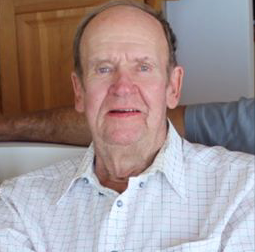 |
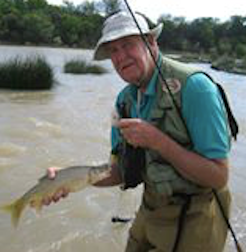 |
 |
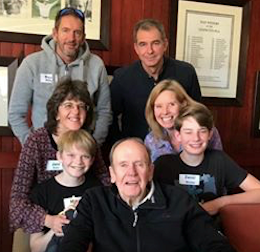 |
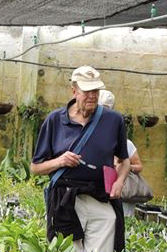 |
REAR (Left to Right) : Andrew Hankey (speaker), Karsten Wodrich (speaker), Prof Steve Johnson (speaker), Marinus Kort (audio visual).
FRONT (Left to Right) : Prof Johanna Dames (speaker), Tanoy Bose (speaker), Prof Craig Peter (speaker), Marco Balducci (speaker), Modjadji Makwela (speaker).
NOT PRESENT : Lourens Grobler (speaker), Tinus Oberholzer (speaker), Survana Parbhoo (speaker), Lance Rasmussen (speaker), Dr Peter Ashton (speaker).
REAR (Left to Right) : Andrew Hankey (speaker), Karsten Wodrich (speaker), Prof Steve Johnson (speaker), Marinus Kort (audio visual).
FRONT (Left to Right) : Prof Johanna Dames (speaker), Tanoy Bose (speaker), Prof Craig Peter (speaker), Marco Balducci (speaker), Modjadji Makwela (speaker).
NOT PRESENT : Lourens Grobler (speaker), Tinus Oberholzer (speaker), Survana Parbhoo (speaker), Lance Rasmussen (speaker), Dr Peter Ashton (speaker).
Sorry the page is missing or the link is incorrect.
Please use the menu to make a new selection.
For more information regarding the preservation of South Africa's wild Orchids or if you would like to get involved please email This email address is being protected from spambots. You need JavaScript enabled to view it. or complete this short form Contact Us and we will contact you.
